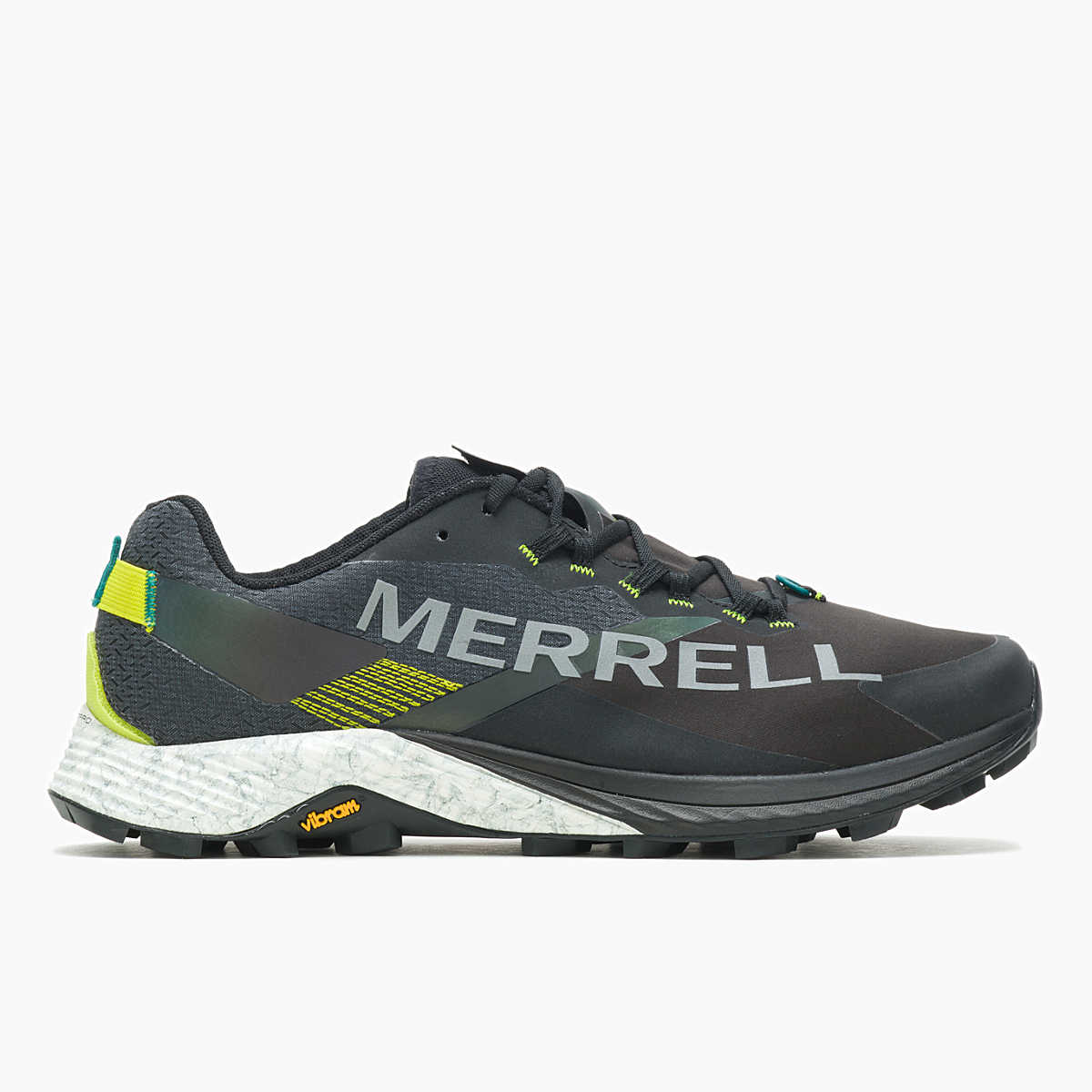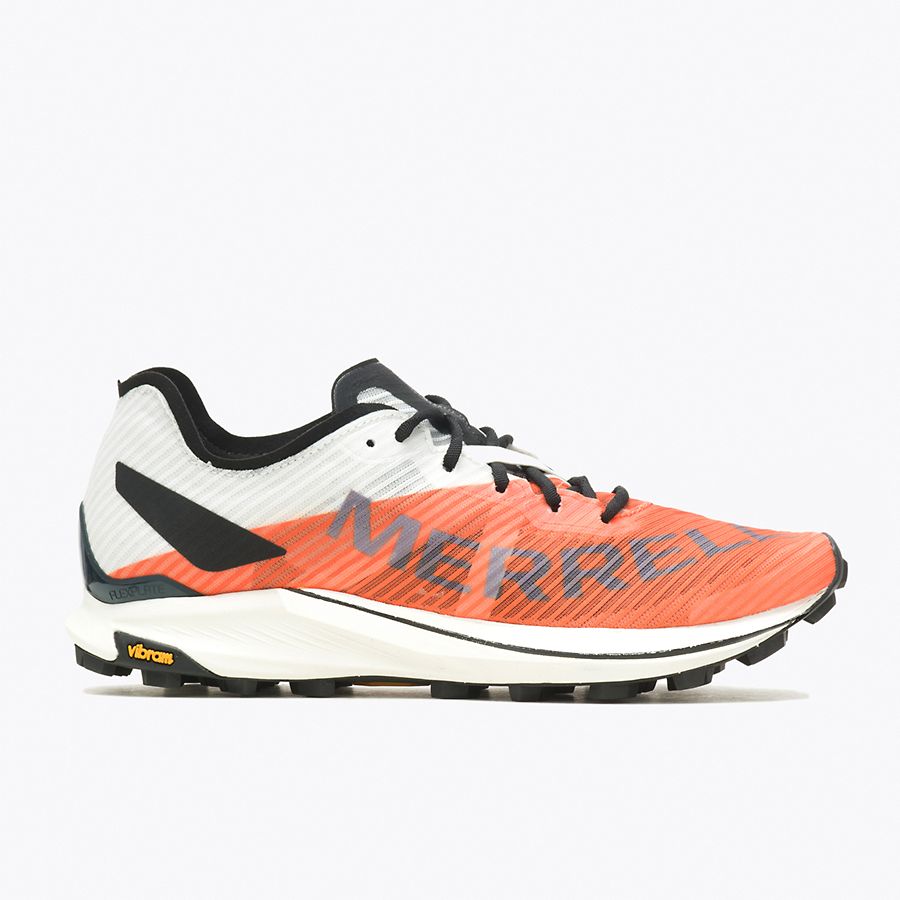Don’t let an injury cut your runs short. Merrell Athletes Reid Burrows and Rachel Tomajczyk talk how they prevent injuries with training schedules, diet, fitness, and sleep.
Rachel Tomajczyk
Injury prevention is a very important piece of training. The longer I can stay healthy, the more consistently I can train. There are a few things I implement in my training to ensure that I’m recovering well and preventing injuries.
I always make sure that my shoes are in good condition. Shoes with more than 400-500 miles on them have lost their cushioning and can cause injury so I keep track of how many miles I have in my shoes and I change them out every 400-500 miles. 
Injuries often occur when your body doesn’t have time to recover between efforts so recovery is a very important piece of preventing injuries. Sleeping 8-10 hours a night, staying hydrated, and eating enough are all ways I make sure my recovery is on point.
Having a strong body can prevent injuries as well. Strength training builds strong muscles, ligaments, tendons, and bones so that my body can absorb more impact from running without breaking down. I implement strength training into my training 3-4 times a week to keep the injuries away.
Reid Burrows
The biggest thing with injury prevention is to manage your overall training load. It’s one of the reasons I, and many other athletes of any level have a coach. Having someone help you make adjustments before a season ending injury flairs up is the most helpful thing you can do to prevent injury. 
I think there are two other factors that can really help you with injury prevention. Sleep is the first one. If you’re not getting an appropriate amount of sleep, there is not magic supplement, exercise or workout that will help prevent injuries. Sleep is the most underrated tool when it comes to recovery and it really makes a difference. I try to get at least 8 hours per night, but when I’m training hard that can increase to 10 hours. The second and equally important one is food. Often as endurance athletes we miss meals because of runs or commitments outside of running, especially on a long run or race day. Quality food is important for recovery and injury prevention. If you’re not eating enough, you won’t be able to recover and handle the volume of training you need and this can turn into an injury pretty quickly.

